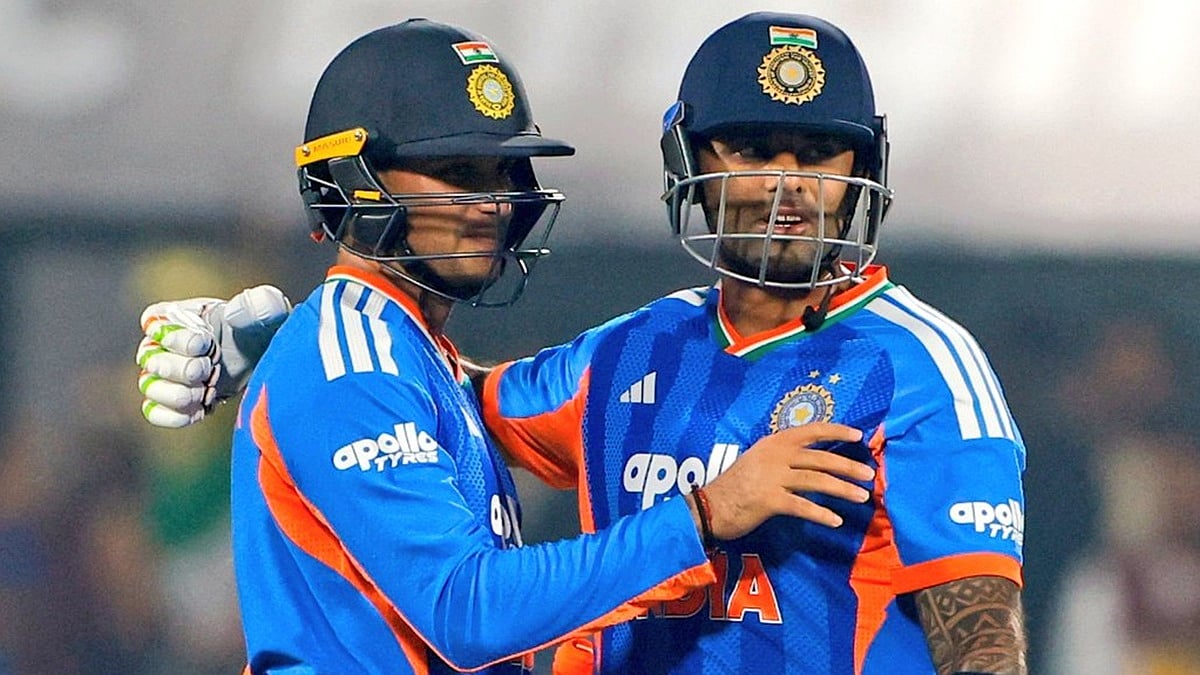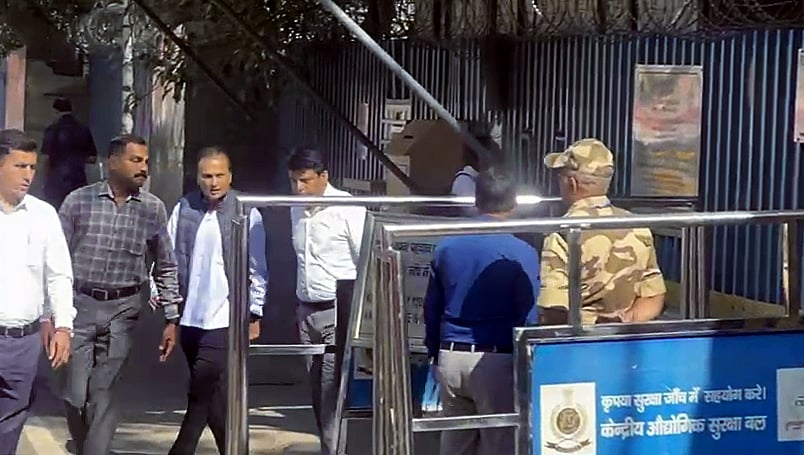In a majority verdict, the Supreme Court on Thursday said states are empowered to make sub-classifications of Scheduled Castes and Scheduled Tribes for granting quotas inside the reserved category to uplift the more underprivileged castes.
A seven-judge constitution bench headed by Chief Justice D Y Chandrachud held by a 6:1 majority that the further sub-classification of SCs and STs by states can be permitted to ensure grant of quota to more backward castes inside these groups.
The bench delivered six separate judgements. The majority verdict said the basis of sub-classification has to be justified by "quantifiable and demonstrable data by the states, which cannot act on its whims".
The bench, also comprising justices BR Gavai, Vikram Nath, Bela M Trivedi, Pankaj Mithal, Manoj Misra and Satish Chandra Mishra, was hearing 23 petitions, including the lead one filed by the Punjab government challenging a 2010 verdict of the Punjab and Haryana High Court. The CJI wrote for himself and Justice Misra. Four judges wrote concurring judgments while Justice Trivedi dissented.
Overruling its 2004 judgement of a five-judge bench in the EV Chinnaiah case, the top court said members of SCs and STs are often unable to climb up the ladder due to the systemic discrimination faced by them. Justice Gavai, in a separate verdict, said states must identify the creamy layer in SCs and STs and take them out of reservation.
Writing a dissenting verdict, Justice Trivedi said states cannot tinker with the scheduled caste list notified under Article 341 of the Constitution. Justice Trivedi said affirmative action of states has to be within constitutional fold. She said state's action to provide reservation even if well-intentioned cannot be justified by the Supreme Court using powers under Article 142.
The top court had reserved the verdict on February 8 on pleas seeking review of the E V Chinnaiah judgement, which in 2004 had ruled that all schedule caste communities which suffered ostracisation, discrimination and humiliation for centuries represented a homogeneous class incapable of being sub-categorised.
The verdict came on references to revisit the five-judge constitution bench judgement of 2004 in the case of EV Chinnaiah vs. State of Andhra Pradesh in which it was held that SCs and STs are homogenous groups and hence, states cannot further sub-classify them to grant quota inside quota for more deprived and weaker castes in these groups.




